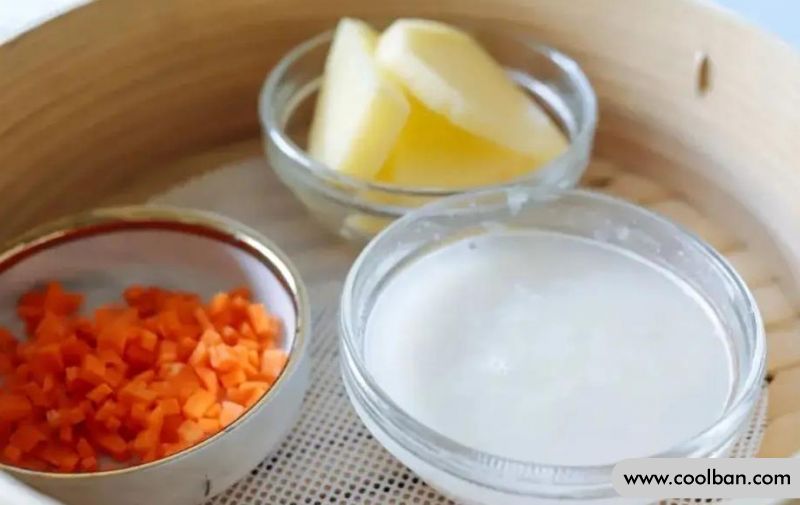How to start introducing solid foods to your baby
After having a child at home, with the growth of the child's age, when the child is four months old, everyone will start to add complementary food, which is very important for the child's growth and protects the child's health. How to properly add complementary food to your baby? As the baby grows up, we have to gradually add complementary food to the baby. There are also many techniques for adding complementary food to the baby. Improper addition of complementary food will affect the healthy growth of the baby. So, for the health of children, how should complementary foods be added? Let's look together.
When people eat food, whether it is semi-solid or solid, it must undergo actions such as chewing with teeth, stirring with tongue, and swallowing. During swallowing, the aversive cartilage, a small piece of cartilage at the opening of the windpipe, reversely covers the windpipe, preventing food from falling into the windpipe, causing choking and coughing.
During eating, the mouth and more than 30 surrounding muscles work together under the control of the brain. The control of the brain is not all innate, but is partly acquired later in life by training the conditioned reflexes needed to form a diet.

Complementary foods can be introduced to infants after four months. When parents initially spoon-feed their babies semi-solid foods, i.e. pastes and purees, most babies use their tongues to push or spit out the food. Even if they don't, they choke on swallowing. These phenomena are due to the fact that the infant has not yet developed a conditioned reflex to cooperate with swallowing.
However, after a few tries, your baby will improve a lot and will eventually be able to swallow semi-solids without any problems. This process will vary for each child and the length of the attempt.
Each of your baby's skills has a specific critical period, and if you miss this critical period, it will be more difficult to learn again. The critical period of language development is from 1 to 3 years old. If you learn to speak after this period, language barriers are prone to occur. The critical period for chewing is 4-12 months, and learning to chew semi-solid and solid foods too late will increase the difficulty of this movement.
There are two common attitudes parents have towards their child's chewing ability: one is that after trying semi-solid food a few times, seeing that the baby always pushes or spit out the food, then gives up, thinking that he does not like the food, or Afraid of baby choking. Second, when the breast milk is very sufficient, do not add rice cereal to the baby, but wait for the baby to be weaned at 1 year old and then feed him porridge and rice cereal. At this time, it is difficult for the baby to practice swallowing.

The above two common parental attitudes can make feeding training more difficult by causing the baby to miss the critical period of chewing. Babies may also feel overwhelmed by unfamiliar chewing and develop a fear of solid foods. Babies who consistently refuse solid foods develop malnutrition, which affects their physical development.
Therefore, mothers should start adding rice and batter to their babies from the age of 4 months, and then gradually add egg yolks, fish puree and minced meat containing protein. When your baby is teething, give him some soft bread or steamed buns and add some chopped vegetables to the porridge to help him chew. Allowing your baby to practice this skill during the critical period of chewing can prevent malnutrition from fear of solid food. Moms, don't give up training just because your baby spit out food, as this can have a serious impact on your baby's physical development.
If you want to add your child's complementary food correctly, you must pay attention to these preventive measures, so that you can take care and foundation for your child's health. Usually we must pay attention to preventive work when choosing complementary food for children, so that the child's physical foundation will be well improved. The addition of complementary food will affect the health of children. When adding complementary food to children, we should pay attention to the way and method.
